Résultats de la recherche
-

Insulin/IGF-1 Pathway and Lifespan Regulation
The insulin/IGF-1 pathway is a key player in how long organisms live. Here's what you need to know: What It Does: This pathway controls growth, metabolism, and how cells repair...
-
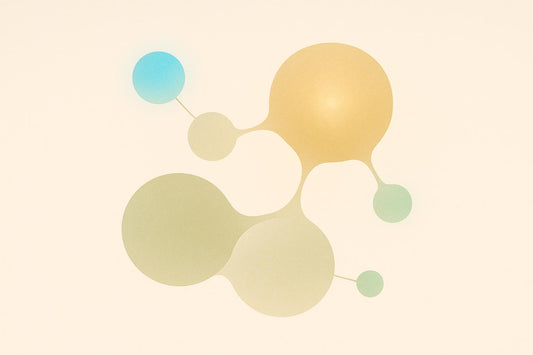
Clinical Trials on Senolytics: Population Insights
Senolytics could revolutionize aging treatments by targeting and eliminating senescent cells, which contribute to inflammation, tissue damage, and aging-related diseases. Here's what you need to know: How It Works: Senolytics...
-

Ultimate Guide to Biomarkers in Age Reversal Trials
Can we measure biological aging and reverse it? Biomarkers, measurable biological indicators, are the key. They help researchers evaluate whether age-reversal treatments work by tracking changes at molecular, cellular, and...
-

Electron Spin Resonance for ROS Detection
Want to measure harmful free radicals directly and accurately? Electron Spin Resonance (ESR), also known as Electron Paramagnetic Resonance (EPR), is the gold standard for detecting reactive oxygen species (ROS)....
-

New Antioxidants in Longevity Research
Scientists are uncovering how oxidative stress - caused by free radicals - damages cells, speeds up aging, and triggers diseases. The latest research focuses on advanced antioxidants that go beyond...
-
Want Clear Skin? Discover Effective Acne Prevention Tips Today
Acne PreventionWe've all been there—waking up to find an unexpected breakout right before an important event. Acne isn't just a teenage problem; it affects people of all ages and can...
-

Hormones and Autophagy: Key Mechanisms
Did you know your body's natural recycling system, autophagy, is controlled by hormones? Hormones like insulin, glucagon, cortisol, and sex hormones regulate how your cells clean up and renew themselves....
-
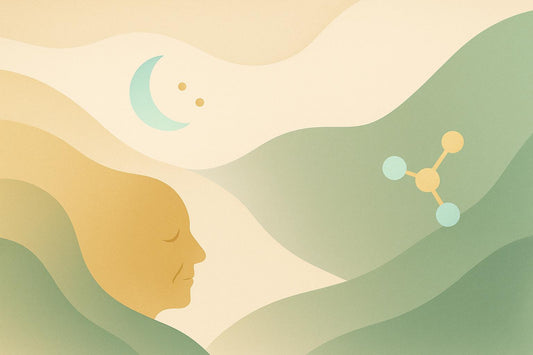
Prolactin and Sleep in Aging Adults
Struggling with sleep as you age? Prolactin, a hormone deeply tied to sleep regulation, may be a key factor. Here’s what you need to know: Prolactin levels naturally rise at...
-
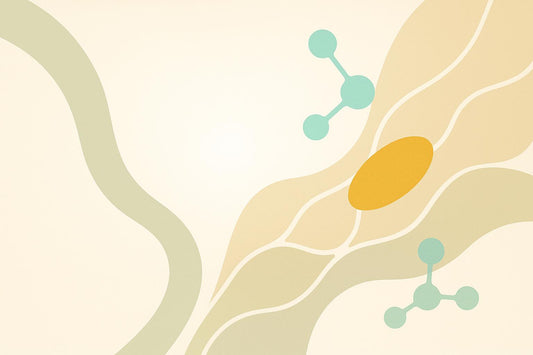
Curcumin and Blood-Brain Barrier: Key Mechanisms
Curcumin, the active compound in turmeric, could help protect your brain by supporting the blood-brain barrier (BBB) - a critical defense system that shields your brain from harmful substances. However,...
-

Creative Hobbies Linked to Longer Lifespan
Creative hobbies like painting, writing, or playing music can help you live longer and healthier. Research shows these activities reduce stress, improve brain function, and strengthen social connections - all...
-

How 3D Bioprinting Extends Lifespan
Imagine a future where waiting for an organ transplant is a thing of the past. 3D bioprinting is transforming healthcare by creating functional organs and tissues using a patient’s own...
-

Top 5 Gut Microbes Linked to Longevity
Did you know your gut bacteria could add years to your life? Scientists have identified five key gut microbes that help fight aging by reducing inflammation, improving metabolism, and protecting...
-

Who Makes Qsymia? Discover the Manufacturer Behind This Weight-Loss Medication
Who Makes Qsymia? Ever wondered who’s behind the weight-loss medication Qsymia? As we navigate the world of weight management solutions, knowing the creators of these products can provide valuable insights....
-

NMN Dosage by Age: What to Know
NMN supplements support cellular energy and vitality by boosting NAD+ levels, which decline with age. Here's a quick guide to NMN dosing: Ages 40–50: Take 1,000 mg daily (1 capsule...
-

Ultimate Guide to Anthocyanins and Brain Longevity
Did you know that eating colorful fruits and vegetables can help protect your brain as you age? Anthocyanins, the compounds behind the red, blue, and purple hues in foods like...
-
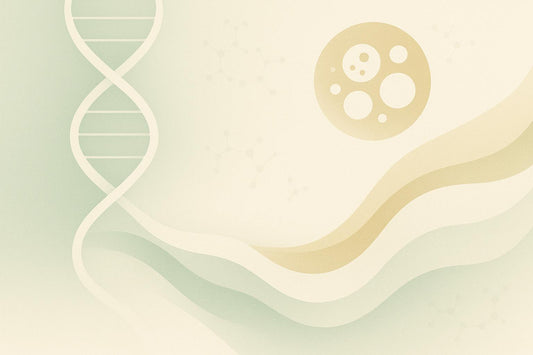
How PFAS in Water Alters Gene Expression
PFAS, known as "forever chemicals", are found in everyday items like non-stick cookware and water-resistant clothing. These chemicals persist in the environment and can contaminate water supplies, interfering with gene...
-
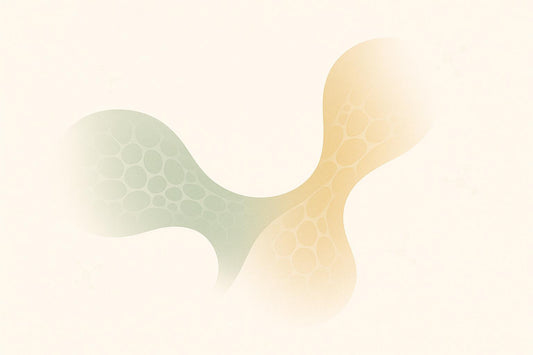
Gut Dysbiosis and Immune Aging: Key Links
Gut dysbiosis, an imbalance in gut bacteria, accelerates immune aging and impacts overall health. This disruption triggers chronic inflammation, weakens immune defenses, and increases risks for age-related diseases like Alzheimer's,...
-

How Much Exercise Extends Lifespan?
Exercise can add years to your life. Research shows that regular physical activity can extend life expectancy by 0.4 to 6.9 years, with an average gain of about 3.9 to...
-

Immune System's Role in Fibrosis and Repair
Your immune system is like a repair crew for your body. It helps heal injuries, but when it overworks, it can cause scarring or fibrosis. Fibrosis happens when the repair...
-

How Exercise Protects Mitochondrial DNA
Exercise plays a key role in protecting your mitochondrial DNA (mtDNA), the genetic material responsible for energy production in your cells. Regular physical activity reduces oxidative stress, promotes the creation...
-

Melatonin vs. Cortisol: Biomarkers for Circadian Health
Melatonin and cortisol are two key hormones that regulate your internal clock, affecting sleep, energy, and overall health. Melatonin rises at night to help you sleep, while cortisol peaks in...
-
Top Tips on How to Prevent B12 Deficiency: Diet, Supplements, and Lifestyle Changes
How to Prevent B12 DeficiencyB12 deficiency is more common than we might think, and it can lead to serious health issues if left unchecked. This vital nutrient plays a crucial...
-

How NMN Supports Metabolic Flexibility
NMN (Nicotinamide Mononucleotide) helps your body efficiently switch between using fats and carbohydrates for energy, a process called metabolic flexibility. This ability is crucial for maintaining steady energy levels during...
-

Ultimate Guide to Circadian and Mitochondrial Synergy
Your body thrives on two key systems working together: circadian rhythms and mitochondrial function. These systems control your sleep, energy production, and overall health. When aligned, they can boost energy,...























